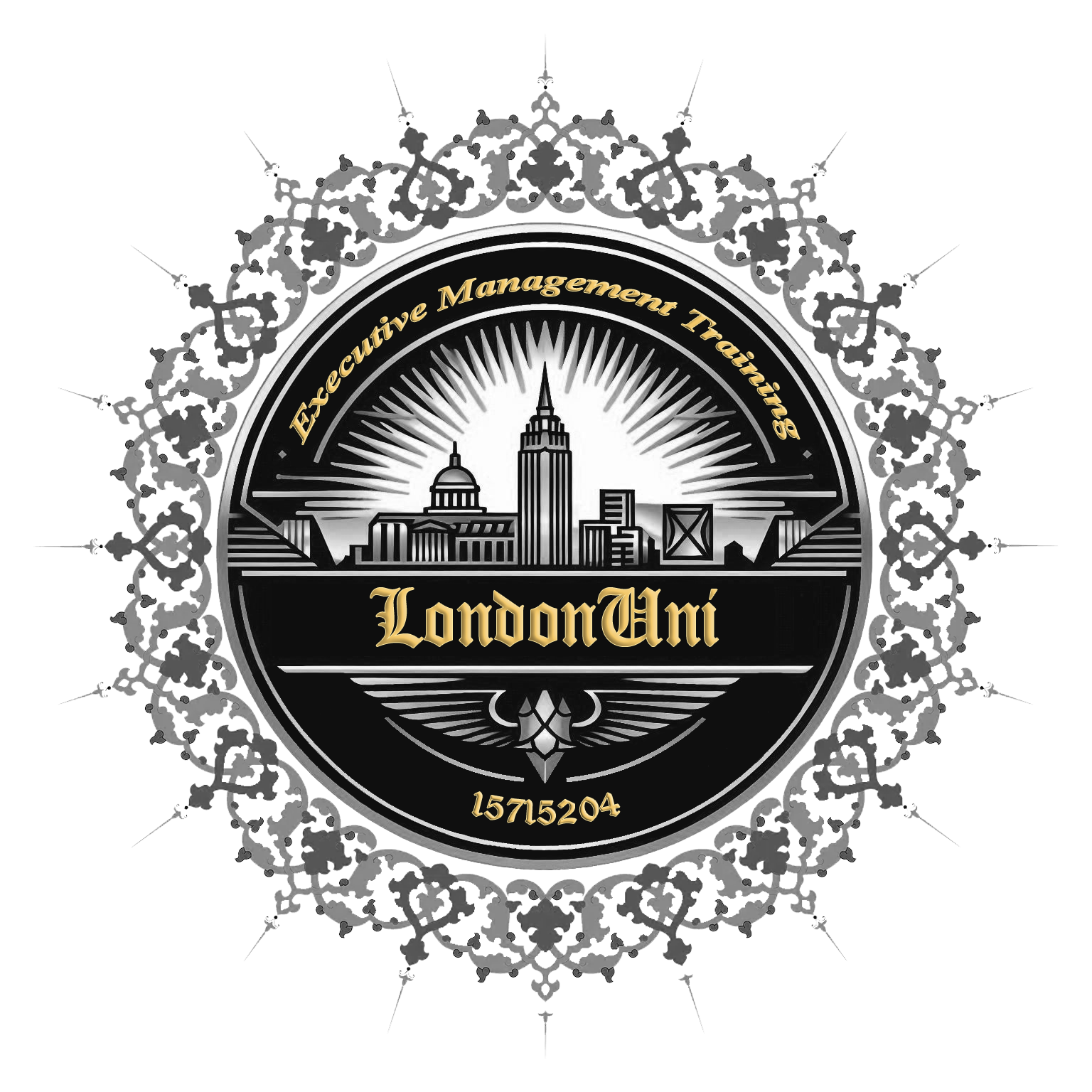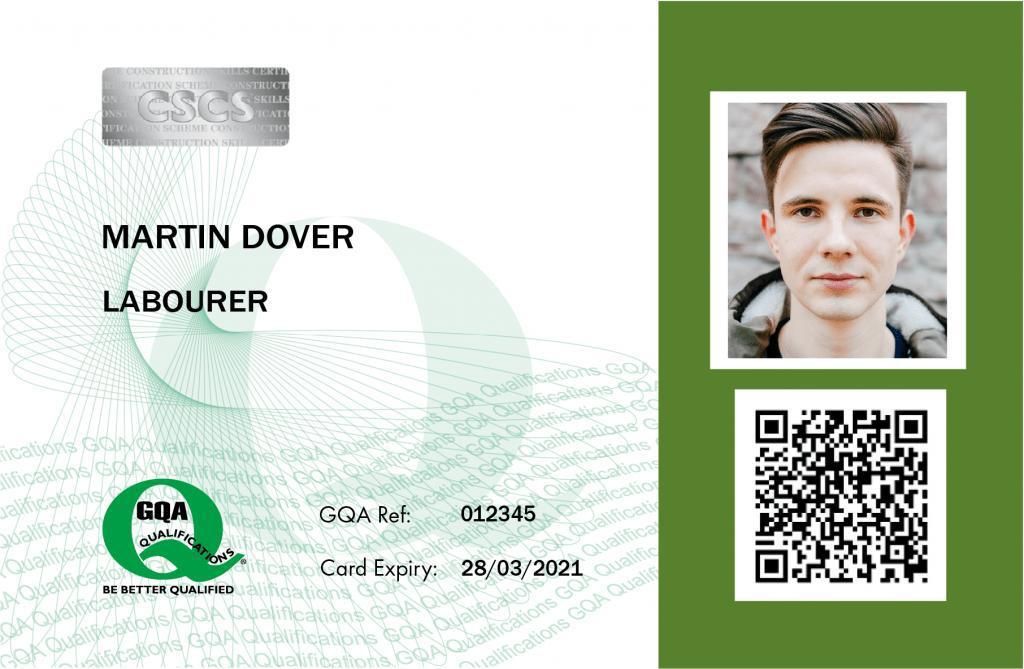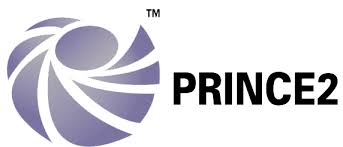
Feedback and Performance Conversations in Coaching
Course ID: 2508250101181ESH
Course Dates : 25/08/25 Course Duration : 5 Studying Day/s Course Location: London, UK
Language: Bilingual
Course Category: Professional and CPD Training Programs
Course Subcategories: Human Resources and Talent Development
Course Certified By: ESHub CPD & LondonUni - Executive Management Training
* Professional Training and CPD Programs
Leading to:
Executive Diploma Certificate
Leading to:
Executive Mini Masters Certificate
Leading to
Executive Masters Certificate
Certification Will Be Issued From :
From London, United Kingdom
Course Fees: £5,120.30
Vat Not Included in the price. VAT may vary depending on the country where the course or workshop is held.
Click to Pay
Date has passed please contact us Sales@e-s-hub.com
Course Information
Introduction
The ability to provide meaningful feedback and engage in constructive performance conversations is a cornerstone of effective coaching. In professional environments, where collaboration and continuous improvement are paramount, the quality of these interactions can significantly influence individual and organizational success. Feedback serves as a catalyst for growth, offering insights that help individuals refine their skills, align with organizational goals, and achieve peak performance. Yet, despite its importance, many professionals struggle to deliver feedback in a way that inspires rather than demotivates. This course addresses this critical gap by equipping participants with the tools, frameworks, and strategies needed to master the art of feedback and performance conversations.
One of the key challenges in feedback delivery lies in striking the right balance between honesty and empathy. Research from psychologist Carl Rogers highlights the importance of creating a safe and non-judgmental environment when engaging in developmental discussions. Without this foundation, feedback can be perceived as criticism, leading to defensiveness or disengagement. Additionally, organizations often face systemic barriers, such as hierarchical structures or cultural norms, that hinder open communication. By understanding these dynamics, participants will learn how to navigate complex interpersonal landscapes and foster trust-based relationships.
The benefits of mastering feedback extend beyond individual development. Organizations that prioritize effective feedback mechanisms report higher employee engagement, improved retention rates, and enhanced productivity. For instance, a case study of a global tech firm revealed that implementing structured feedback processes led to a 20% increase in team performance within six months. These outcomes underscore the transformative potential of feedback when delivered strategically and consistently. Participants in this course will gain insights into frameworks such as the GROW model (Goal, Reality, Options, Will) and the SBI model (Situation-Behavior-Impact), which have been widely adopted across industries for their efficacy in driving behavioral change.
In addition to theoretical foundations, the course emphasizes practical applications. Consider the example of a mid-level manager who struggled to address underperformance in her team. Through targeted coaching, she learned to use active listening and empathetic communication to uncover underlying issues. By reframing feedback as a collaborative process rather than a one-sided directive, she was able to motivate her team and achieve measurable improvements in output. Stories like these illustrate how feedback, when approached thoughtfully, can serve as a powerful tool for transformation.
Industry trends further underscore the growing demand for expertise in this area. With the rise of remote and hybrid work models, traditional methods of performance management are being redefined. Leaders must now adapt their feedback strategies to virtual environments, ensuring clarity and inclusivity. This course incorporates these emerging challenges, providing participants with up-to-date strategies for navigating diverse workplace settings. By blending timeless principles with contemporary practices, the program ensures relevance across sectors and contexts.
Ultimately, this course is designed to empower professionals to become skilled facilitators of growth and change. Whether you are an HR practitioner seeking to enhance your organization’s talent development initiatives, a team leader aiming to improve group dynamics, or a consultant guiding clients through performance improvement, this program offers the knowledge and tools you need to excel. Through a blend of theory, practice, and real-world application, participants will emerge equipped to drive meaningful impact in their roles.
Objectives
By attending this course, participants will be able to:
Analyze the psychological and organizational factors influencing feedback effectiveness.
Evaluate different feedback models and apply them to various professional scenarios.
Design personalized strategies for delivering constructive feedback that fosters growth and motivation.
Implement techniques for facilitating high-impact performance conversations in both individual and group settings.
Apply emotional intelligence principles to build rapport and trust during coaching interactions.
Assess organizational culture and its impact on feedback receptivity and implementation.
Synthesize best practices for adapting feedback approaches to remote and hybrid work environments.
Who Should Attend?
This course is ideal for:
HR managers and professionals responsible for talent development and performance management.
Team leaders and supervisors seeking to enhance their ability to lead and motivate their teams.
Executive coaches and consultants focused on leadership development and organizational change.
Educators and trainers interested in refining their instructional feedback techniques.
These groups will find the course invaluable due to its focus on bridging the gap between theory and practice, enabling them to address real-world challenges effectively. While prior experience in coaching or performance management is beneficial, the course is structured to accommodate intermediate learners who already possess foundational knowledge but wish to deepen their expertise.
Training Method
• Pre-assessment
• Live group instruction
• Use of real-world examples, case studies and exercises
• Interactive participation and discussion
• Power point presentation, LCD and flip chart
• Group activities and tests
• Each participant receives a 7” Tablet containing a copy of the presentation, slides and handouts
• Post-assessment
Program Support
This program is supported by:
* Interactive discussions
* Role-play
* Case studies and highlight the techniques available to the participants.
Daily Agenda
Daily Schedule (Monday to Friday)
- 09:00 AM – 10:30 AM Technical Session 1
- 10:30 AM – 12:00 PM Technical Session 2
- 12:00 PM – 01:00 PM Technical Session 3
- 01:00 PM – 02:00 PM Lunch Break (If Applicable)
- Participants are expected to engage in guided self-study, reading, or personal reflection on the day’s content. This contributes toward the CPD accreditation and deepens conceptual understanding.
- 02:00 PM – 04:00 PM Self-Study & Reflection
Please Note:
- All training sessions are conducted from Monday to Friday, following the standard working week observed in the United Kingdom and European Union. Saturday and Sunday are official weekends and are not counted as part of the course duration.
- Coffee and refreshments are available on a floating basis throughout the morning. Participants may help themselves at their convenience to ensure an uninterrupted learning experience Provided if applicable and subject to course delivery arrangements.
- Lunch Provided if applicable and subject to course delivery arrangements.
Course Outlines
Foundations of Feedback and Performance Conversations
Understanding the psychology of feedback and its impact on behavior.
Exploring established feedback models (e.g., GROW, SBI).
Identifying barriers to effective feedback delivery.
Building awareness of personal biases in feedback interactions.
Day 2:
Emotional Intelligence and Communication Skills
Developing self-awareness and empathy in coaching conversations.
Mastering active listening and questioning techniques.
Navigating difficult conversations with tact and professionalism.
Practicing assertive yet compassionate communication styles.
Day 3:
Practical Applications of Feedback Models
Applying the GROW model to goal-setting and problem-solving.
Using the SBI framework to deliver clear and actionable feedback.
Conducting role-playing exercises to simulate real-world scenarios.
Receiving peer and instructor feedback to refine skills.
Day 4:
Organizational Context and Cultural Sensitivity
Aligning feedback practices with organizational goals and values.
Adapting feedback strategies to diverse cultural contexts.
Addressing challenges in remote and hybrid work environments.
Evaluating the role of technology in facilitating feedback loops.
Day 5:
Advanced Techniques and Future Trends
Integrating feedback into broader performance management systems.
Leveraging data analytics for evidence-based feedback.
Anticipating future trends in feedback and coaching methodologies.
Creating a personalized action plan for ongoing skill development.



















































